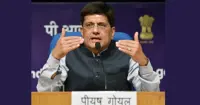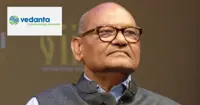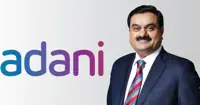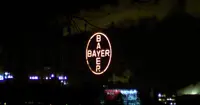Obama scales back NSA operations, bans spying on leaders of US allies
18 Jan 2014
President Barack Obama on Friday sought to reassure US friends and allies by reining in the National Security Agency (NSA) from eavesdropping on the leaders of countries close to America even as he took steps to allay privacy concerns of Americans.
 However, Obama continued to hold that it was within their rights for US intelligence agencies to gather information about the intentions of other governments.
However, Obama continued to hold that it was within their rights for US intelligence agencies to gather information about the intentions of other governments.
In a speech delivered on Friday, Obama sought to reassure both Americans and foreign nationals that the US will honour privacy concerns of all, even as the administration announced curbs on the use of the vast collection of Americans' phone data in the backdrop of the damaging disclosures by NSA contractor Edward Snowden.
"The reforms I'm proposing today should give the American people greater confidence that their rights are being protected, even as our intelligence and law enforcement agencies maintain the tools they need to keep us safe," he said.
Obama's promised measures were relatively limited considering the scale of NSA's covert operations. Official sources said these would at best apply to a dozen leaders.
Media reports, meanwhile, said that the NSA on an average gathers nearly 200 million text messages a day from around the world and has infiltrated into the software of almost 100,000 computers across the world.
The step announced by the White House were designed to smooth the frayed relations between the United States and Germany amidst last year's reports that the NSA had monitored the mobile phone of German Chancellor Angela Merkel.
Brazilian President Dilma Rousseff also postponed her state visit to Washington in protest against the NSA spying on her email and cellphone.
"The leaders of our close friends and allies deserve to know that if I want to learn what they think about an issue, I will pick up the phone and call them, rather than turning to surveillance," Obama said.
Still, he said, US intelligence will continue to gather information about the intentions of other governments, and will not apologise simply because US spy services are more effective.
The President, however, made one big concession by overhauling the government's handling of bulk telephone "metadata" – which details the when and where of millions of phone calls made by Americans. This has been done despite the advice of some of US intelligence leaders against it.
Obviously, the President's aim was to contain public anger even while retaining policies that the US administration considers critical to protecting the nation's interests.
A presidential advisory panel, meanwhile, had recommended that the ''metadata'' be controlled by a third party such as the telephone companies. Obama also offered a specific proposal for who should store the phone information in the future, when the metadata programme comes up for reauthorization on 28 March.
Obama asked attorney general Eric Holder and the intelligence community to report back to him before 28 March.
Obama also said the US government will need a judicial review by the secret Foreign Intelligence Surveillance (FISA) Court if intelligence agencies want to check the database of telephone calls unless there is a true emergency.
Obama also called on Congress to establish an outside panel of privacy advocates for the FISA Court that considers terrorism cases. The former chief judge of the FISA court had opposed such a step.
Members of the US Senate Select Committee on Intelligence, on the other hand, called for greater restraint on the NSA.
Meanwhile, in a related development, several prominent computer security experts protesting the NSA activities, have cancelled their participation at the largest annual US conference on security technology and have instead switched to a rival gathering.
Nine security experts have ditched coveted speaking slots at the annual RSA Conference, to be held next month in San Francisco, in protest over the conference owner's dealings with the National Security Agency.
Instead, they will speak at the new and smaller 'TrustyCon' gathering to be held in the same city during the RSA event, billed as the first 'Trustworthy Technology Conference.'







.webp)























